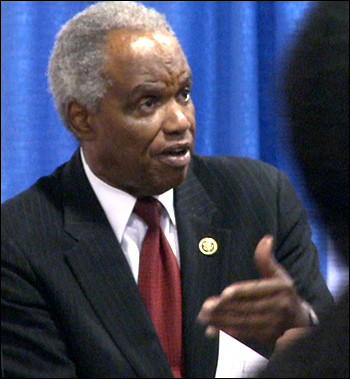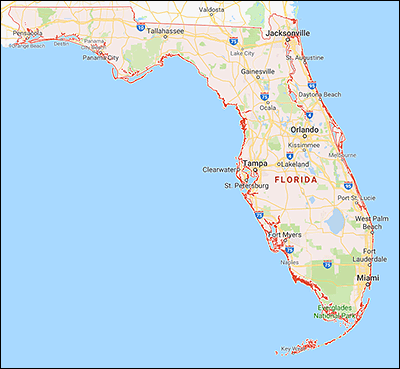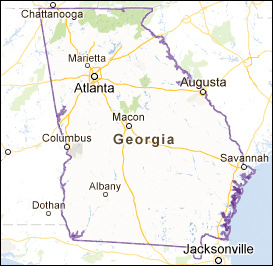By Jim Ellis
June 17, 2020 — We continue to see vote counting ramifications stemming from the extensive mail electoral procedures employed in several states. A full week after the Georgia and Nevada primary elections concluded, a second previous result was reversed, while across the country in the Silver State a congressional contest winner finally emerges.
GEORGIA
In the immediate days following the Georgia primary, it was consistently reported that 7th District 2018 nominee Carolyn Bourdeaux had failed to win outright her Democratic primary and that she would be forced to an Aug. 11 runoff election with state Rep. Brenda Lopez Romero (D-Norcross). Now, that projection has been reversed.A similar situation occurred in the state’s 13th District where veteran Rep. David Scott (D-Atlanta) was projected to have fallen into a runoff election only to see the outcome change when thousands of post-election ballots came streaming into the government offices. The now presumably final totals find both Bourdeaux and Rep. Scott exceeding 51 percent of their respective primary vote.
Bourdeaux now wins the Democratic nomination outright and advances into the general election against Republican Rich McCormick. McCormick is a physician and retired Navy officer who won his open seat primary with clear majority support on election night.
Two years ago, Bourdeaux came within just 420 votes of unseating Rep. Rob Woodall (R-Lawrenceville), which may be one reason why the congressman is retiring this year. McCormick defeated six other Republicans in last week’s primary with 55 percent of the vote, meaning he will be a very substantial candidate in the general election. Therefore, avoiding being bogged down for almost two months to win her nomination would have been a major setback for Bourdeaux’s general election chances.
NEVADA
In northern Las Vegas, after a full week of counting mail votes, it has become apparent that former state assemblyman Jim Marchant has won the Republican primary in the 4th Congressional District, thus earning the opportunity of challenging Rep. Steven Horsford (D-Las Vegas) in the fall. Marchant defeated insurance agency owner Sam Peters and a host of others by a 34-29 percent margin, with the other candidates splitting the remaining 37 percent.



 By Jim Ellis
By Jim Ellis


